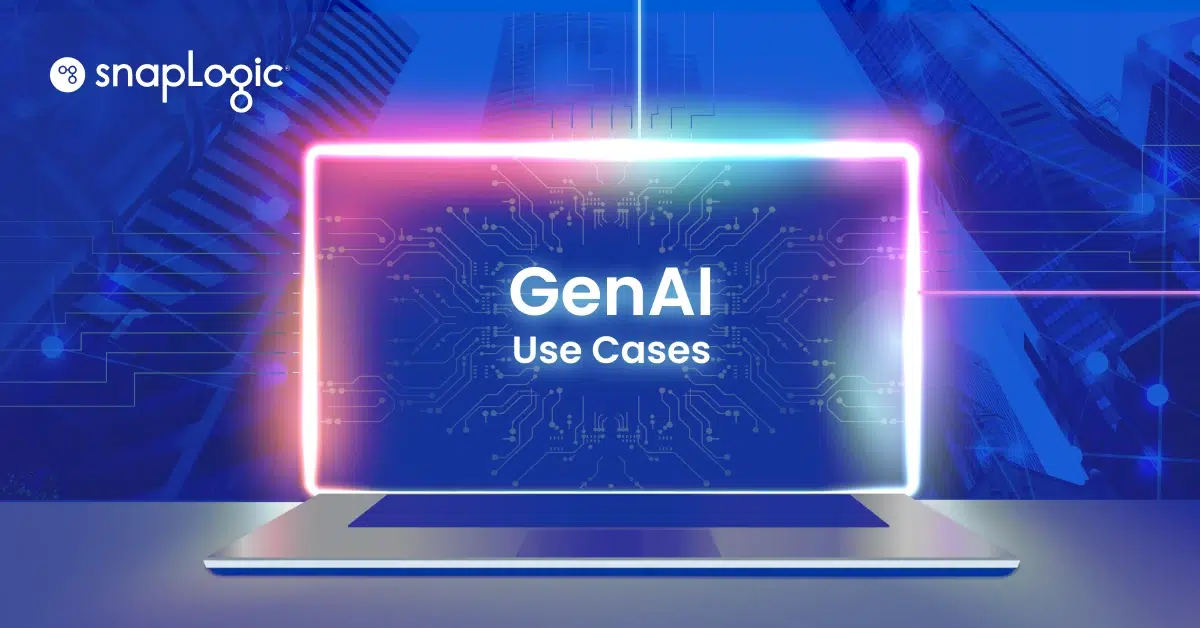In my previous blog post, “Future-proof your API lifecycle strategy,” I took a pretty nuts-and-bolts approach in explaining why companies are rethinking their application programming interface (API) lifecycle strategy for the future. Here I’ll take the discussion up a notch, to talk about three ways that a modern approach to API management can fundamentally change the way your company does business for the better.
1. API management enables digital ecosystems
To recap, modern APIs do much more than enable inter-application data exchange. When properly managed, APIs are the foundation of new business processes. Speeding APIs into production allows your company to quickly exploit opportunities and drive revenues.
Increasingly, these sophisticated new processes are created between companies. Together with their business partners, the most advanced organizations form a digital ecosystem, which Gartner Research defines as an “interdependent group of actors (organizations, people, things) sharing standardized digital platforms to achieve a mutually beneficial purpose.”[1] As to what that mutually beneficial purpose may be, Gartner notes, “Business ecosystems offer unprecedented access to the capabilities, resources, and talent on a global scale that sets the stage for innovation.”[2]
APIs are the conduit of digital ecosystems. Specifically, by facilitating communication within and beyond corporate boundaries, APIs:
- Enable business systems to connect to each other
- Accelerate partner connectivity
- Increase customer engagement
- Increase speed and agility
- Improve business processes
- Spur product innovation
2. API management empowers API stakeholders
APIs touch a wide range of user constituencies. To maximize the reach and efficacy of API technology, a modern API management strategy typically meets the needs of three key audiences: API creator, API manager, and API administrator.
API creators need the right support and guidance. Whether “citizen integrators” or developers, API creators want fast, easy application and data integration. They may be building integrations for individual use cases (one integration) or for consumption across multiple lines of business leaders, which involves many integrations. These types of integrators want to:
- Consume REST and SOAP APIs
- Create REST APIs
- Access rights and security policies to enable private, partner, and public APIs
- Upgrade legacy access capabilities through SOAP to REST transformation
Because they are driven by time-to-value, API creators require pre-built connectivity to business systems and enterprise technology. This enhances their ability to implement business logic to drive data transformation. Organizations must also implement the desired security with private or public API access and keys or authentication, as required.
API managers require the right development resources. In addition to API creator capabilities, the API manager – who typically is building intra- and inter-organization integrations, including web services – is focused on having the necessary governance, visibility, and security resources to deliver multiple integration projects at scale. API managers may also be building API products for external distribution and monetization. This manager should be provided with:
- A developer portal
- API governance capabilities such as traffic monitoring
- API analytics to gain granular detail into the APIs’ operations and performance
API administrators require tools that facilitate granular visibility, management dexterity, and more from version control to full API lifecycle management. API administrators typically handle a very large number of integration points and/or a large library of APIs for internal use and deployment across a digital ecosystem of partners.
APIs may be monetized, as well, and must be professionally maintained like any commercial software. The right API management strategy allows APIs to be readily monetized.
3. API management helps you migrate to the cloud
The foundation of any high-performance, high-value API environment is the right application and data integration solution, which will make it infinitely easier to adhere to best-practice API development and management processes. Increasingly, that solution is a modern integration platform as a service (iPaaS) technology, a cloud-based platform enabling the deployment, management, and governance to connect software applications and services across different environments. An intelligent iPaaS allows the user to create integration pipelines and expose it into an API, a process that is much faster than writing and testing an API from scratch.
The right iPaaS platform has a modern architecture to span both legacy and cloud-based deployment environments. The platform must be able to coexist with current technology and be used to create new data, application and process integrations whenever it makes business sense to do so. Instead of a “big bang,” the iPaaS technology can be phased in over time, project by project – without a forklift upgrade.
By choosing a modern iPaaS, organizations can be assured they can embark on the best management path forward – whether using the platform’s integrated API management functionality or a best-of-breed third-party solution for API full lifecycle management – to quickly exploit opportunities and drive revenues.
To learn more about how to build a foundation for high-performance API creation, management, and full lifecycle management, download the SnapLogic white paper “API 101: Modern technology for creating business value.”
[1] “Insights from the 2017 CIO Agenda Report: Seize the Digital Ecosystem Opportunity,” Gartner.
https://www.gartner.com/imagesrv/cio/pdf/Gartner_CIO_Agenda_2017.pdf
[2] Digital Business Ecosystems & The Platform Economy,” Gartner.
https://www.gartner.com/technology/topics/business-ecosystems.jsp









